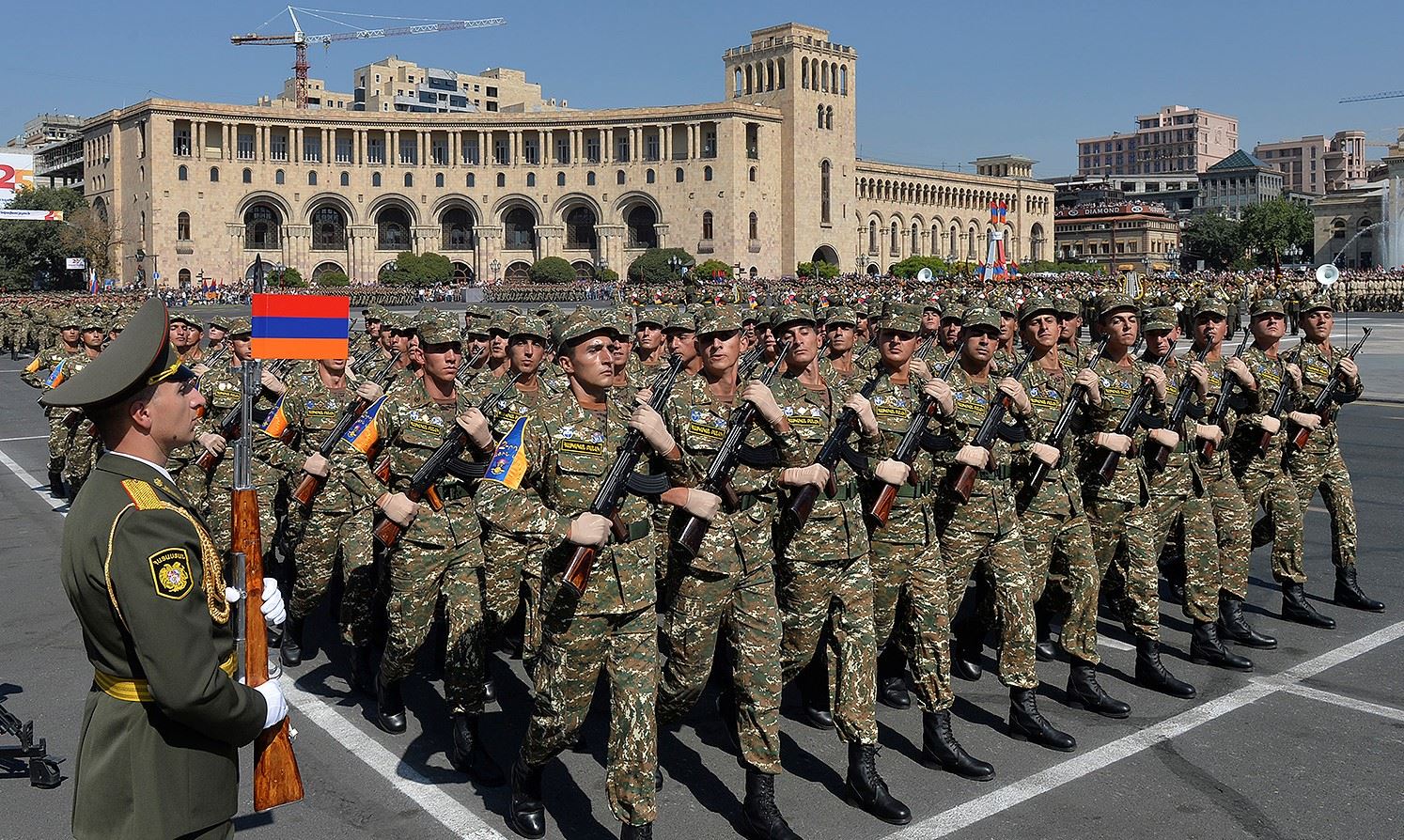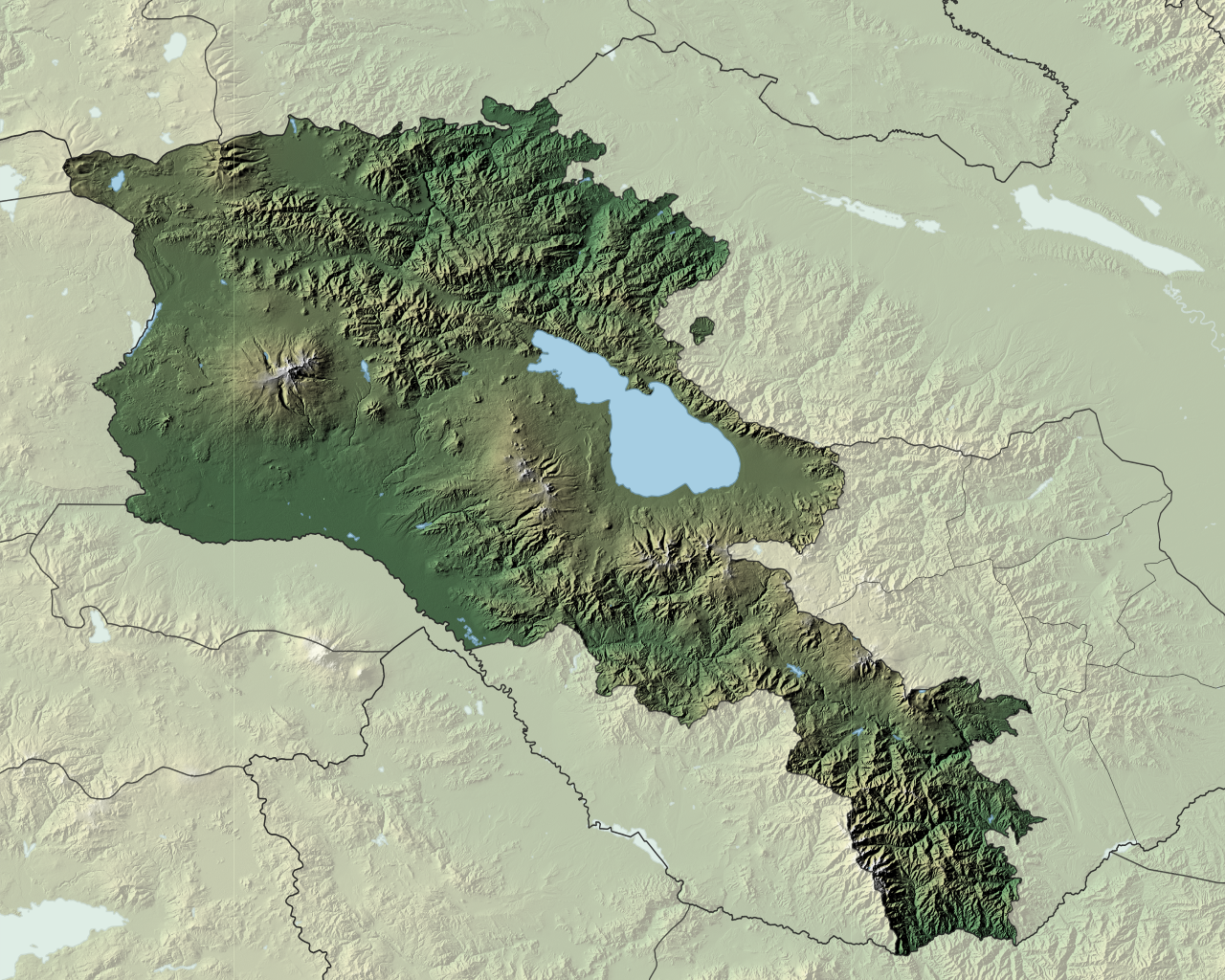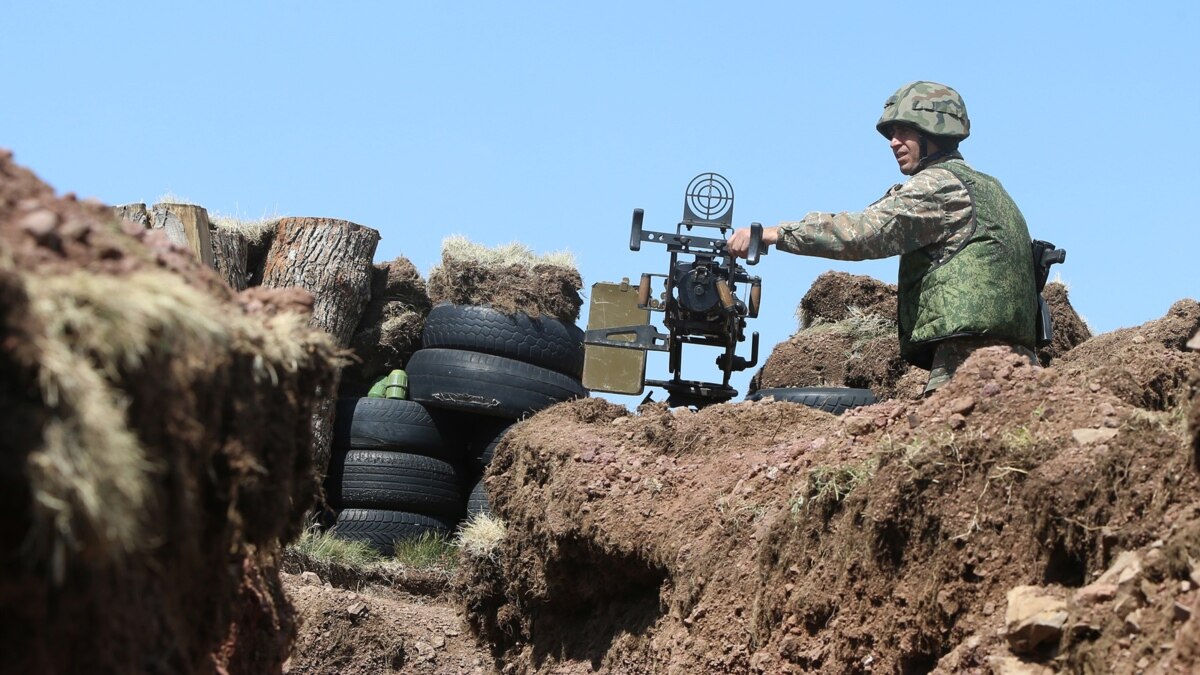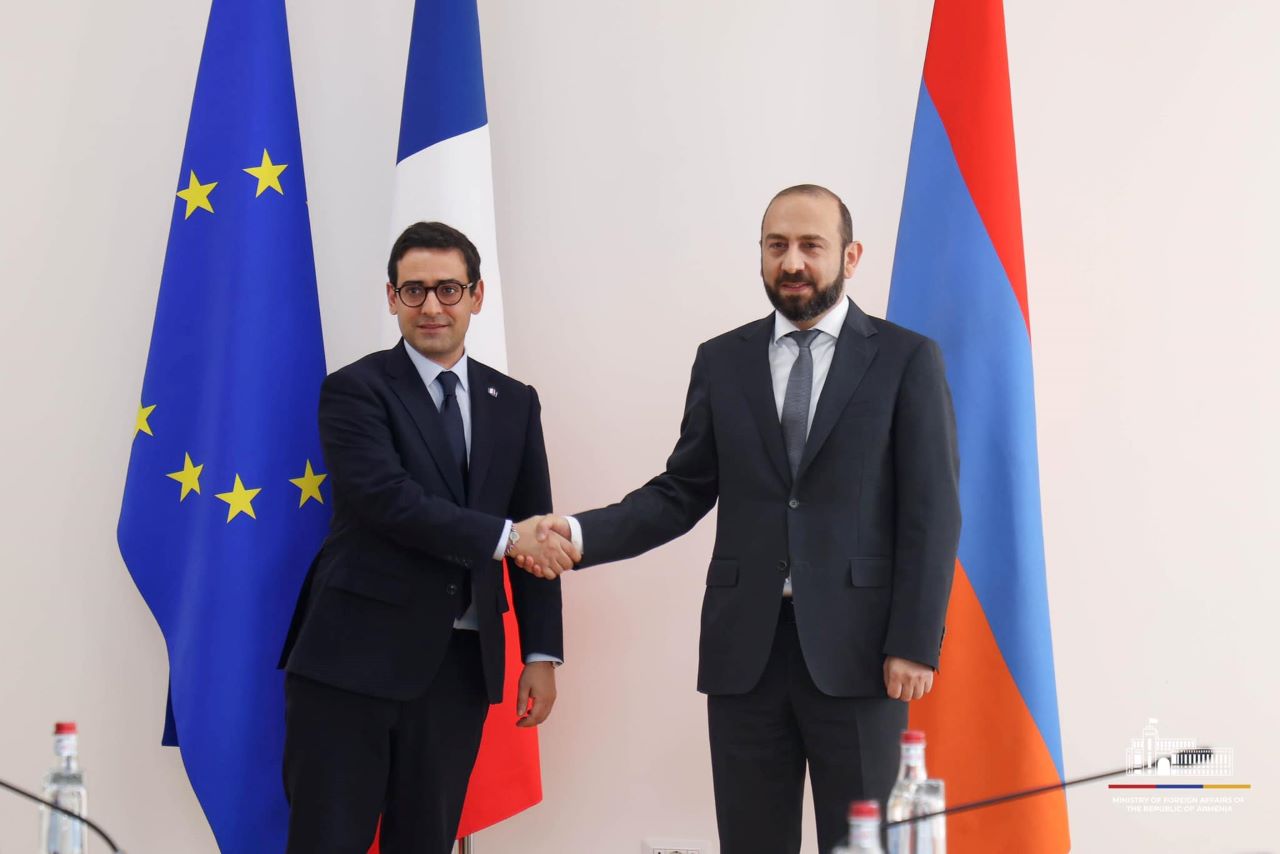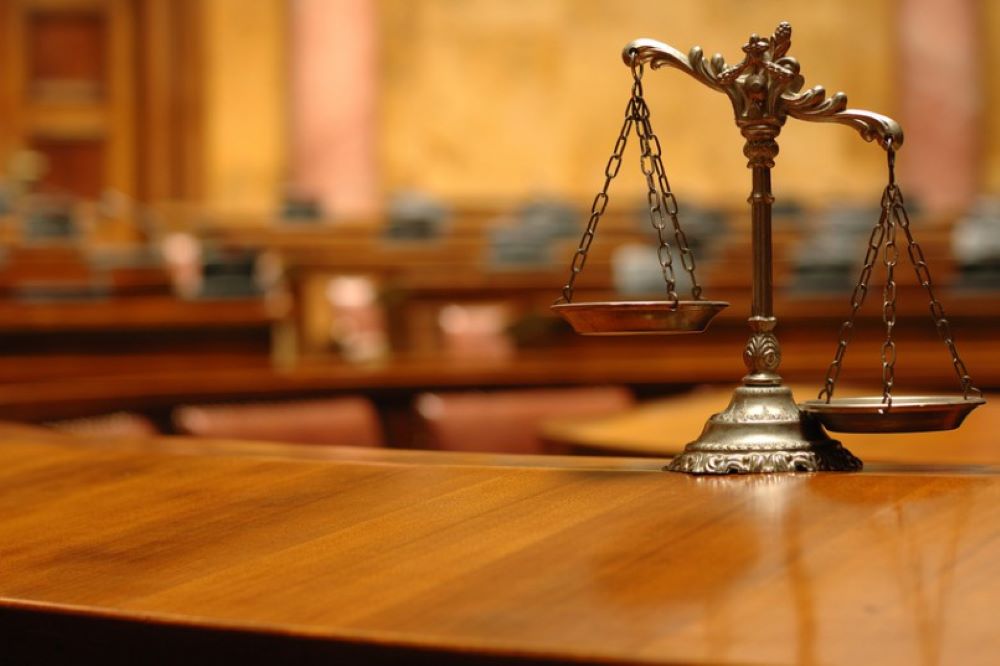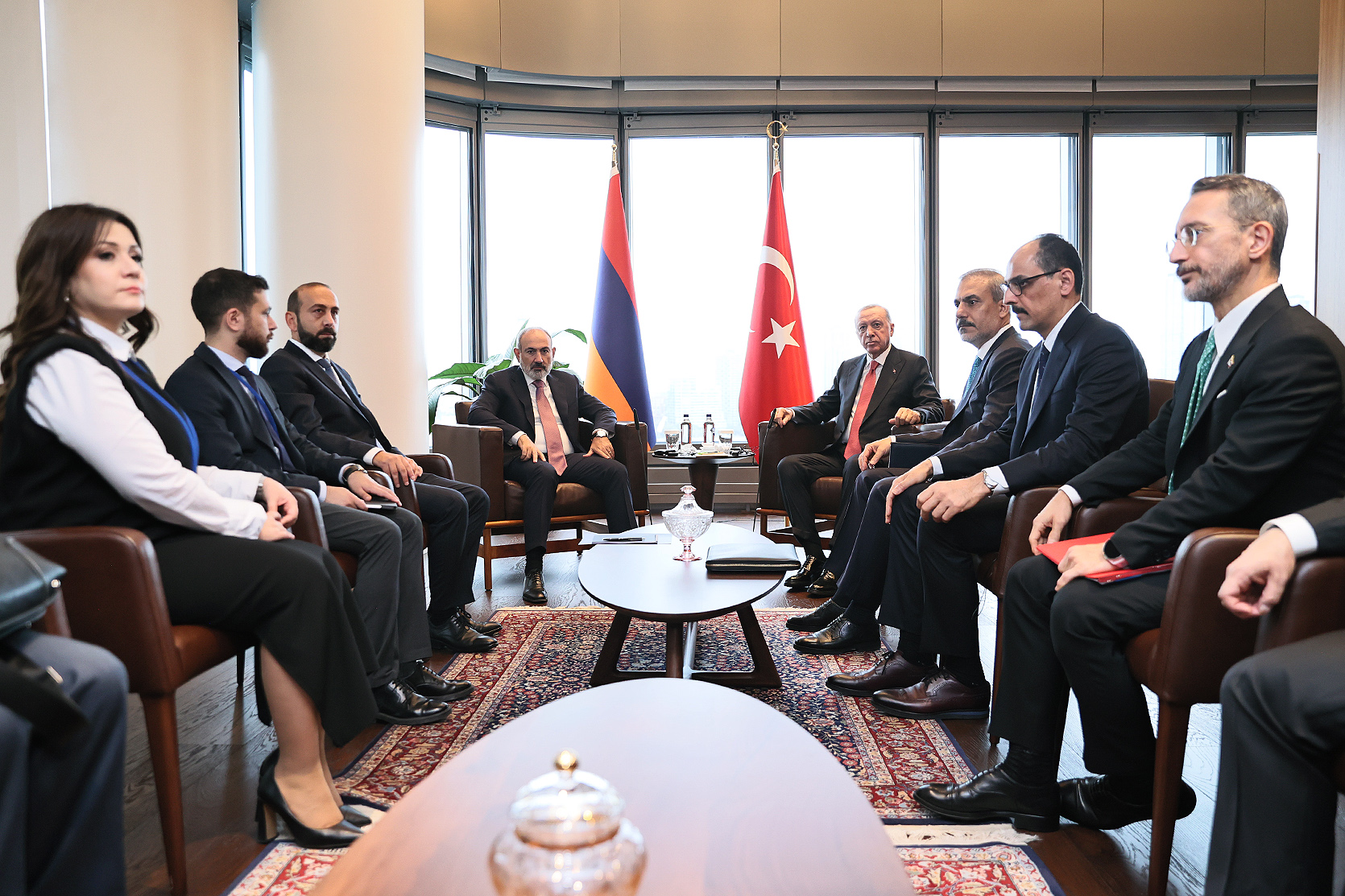"Baku wants Yerevan to acknowledge its hegemony" – Armenian political analyst
Baku’s latest demands
Armenia and Azerbaijan, along with some international partners, have frequently stated recently that the conflicting parties are very close to signing a peace agreement. However, the process has not progressed beyond mere words.
Baku refuses Yerevan’s proposal to sign a document based on already agreed-upon points, leaving unresolved issues for the future, and continues to present new demands. Moreover, Azerbaijan’s rhetoric intensifies from time to time. Recently, President Ilham Aliyev warned Armenia against engaging in “dangerous games” and rearming. He bluntly advised Armenia not to forget the recent wars and its defeat.
Statements from Azerbaijan have once again led the Armenian authorities and expert community to conclude that Azerbaijan is rejecting the peace agenda and has no intention of recognizing Armenia’s territorial integrity and sovereignty, according to the Alma-Ata Declaration.
“The aggressive rhetoric from official Baku, combined with the refusal to sign a peace treaty based on the agreed-upon articles, has led many Armenian and international experts to conclude that Azerbaijan intends to use COP-29 to legitimize further escalation in the near future,” Armenian Foreign Ministry spokesperson Ani Badalyan said on Monday.
Robert Ghevondyan, a political analyst at the Center for Security Policy Studies, says that the current international situation (escalation in the Middle East, the state of the Russia-Ukraine front, and the pre-election climate in the U.S.) provides Ilham Aliyev with an opportunity to increase pressure on Armenia. This has resulted in a more aggressive rhetoric, which Ghevondyan attributes to Azerbaijan’s dissatisfaction with Armenia’s unwillingness to meet all of its demands.
“Baku wants Armenia to acknowledge that it is not an equal state to Azerbaijan and should follow its political course. In other words, Azerbaijan seeks to become a hegemonic state. Neither Yerevan nor the majority of the international community accepts this approach, and this frustrates Aliyev,” the political analyst told JAMnews.
- “Blinken-Mirzoyan-Bayramov meeting yields no tangible results,” Yerevan’s perspective
- “Pashinyan’s proposal to Baku is not in Armenia’s best interest.” Opinion from Yerevan
- “Contradictions between Russia and Iran on the ‘corridor’ issue are obvious”: Opinion from Yerevan
Baku’s list of demands to Yerevan
Amend the Constitution
Baku periodically claims that the main obstacle to signing a peace agreement is Armenia’s constitution. The issue lies in the fact that the constitution references the Declaration of Independence, which mentions a joint resolution by the Supreme Soviet of the Armenian SSR and the National Council of Nagorno-Karabakh from December 1, 1989, “On the Reunification of the Armenian SSR and Nagorno-Karabakh.” Yerevan considers the matter of amending the constitution a domestic issue.
Jointly submit a request to dissolve the OSCE Minsk Group
Azerbaijan’s leadership often calls for the dissolution of the OSCE Minsk Group in the context of signing a peace agreement, alongside the demand to amend Armenia’s constitution. Azerbaijan believes that if Armenia does not change its constitution and agree to file a request to disband the Minsk Group, it means that Yerevan has territorial claims against Azerbaijan.
The OSCE Minsk Group was created in 1992. It is a group of OSCE member states that led the search for peaceful solutions and acted as mediators in negotiations on the Karabakh conflict until the 2020 war. The Minsk Group includes Germany, Italy, Finland, Sweden, Belarus, Turkey, Armenia, and Azerbaijan, with Russia, the U.S., and France serving as co-chairs.
Impose restrictions on Armenia’s armed forces
Recently, Baku has frequently raised concerns about the “militarization” of Armenia.
Azerbaijani presidential aide Hikmet Hajiyev even labeled Armenia a “country of occupation and aggression.” He also called for “imposing restrictions on Armenia’s armed forces.” In Yerevan, these accusations are deemed baseless, even “ridiculous.” Armenian officials remind that every state has the right to acquire weapons, as it is obligated to ensure the protection of its population.
Cease the activities of the EU Monitoring Mission
Since the EU’s civilian observers were stationed along the Armenia-Azerbaijan border to monitor the situation, the number of military incidents has significantly decreased. However, Baku has opposed their presence from the start and continues to do so. In early September, Ilham Aliyev’s aide Hikmet Hajiyev stated:
“Given that the process of border delimitation between the two countries is proceeding in a peaceful and mutually understood manner, we believe that there is no need for the EU’s border mission to operate near Armenia’s border. It is time to conclude this mission.”
Withdraw Armenia’s claims submitted to international courts
Yerevan is ready to discuss this proposal, but only after a peace agreement is signed.
Armenian Prime Minister Nikol Pashinyan stated, “If both sides sign a peace agreement, why should they continue legal battles against each other?” However, Armenian human rights activists view the discussion of this issue as troubling and even dangerous, asserting that “defending rights cannot be considered less important than establishing peace.”
Prosecute all “war criminals”
“Armenia must investigate and punish all war criminals,” Azerbaijani presidential aide Hikmet Hajiyev wrote on his platform on X (formerly Twitter). His statement was related to the discovery of a mass grave in one of the “liberated villages” in Karabakh.
Armenian ruling faction MP Andranik Kocharyan pointed out that it is impossible to know whose remains these are and confidently claim that they are Azerbaijanis. Additionally, he raised the question, “Who decides whether the actions of self-defense forces are a crime or a defense?”
Baku advances the notion of “Western Azerbaijan”
In Azerbaijan, there is frequent talk about the right of Azerbaijanis to return to their “homeland”, in “Western Azerbaijan.” Ilham Aliyev and other high-ranking officials in Baku use this term to refer to the entire territory of Armenia, including its capital, Yerevan. Armenian experts warn that this rhetoric shows that Azerbaijan “does not recognize Armenia’s territorial integrity and is preparing for military action.”
Azerbaijan rejects Armenia’s proposals
Earlier this year, Armenia proposed signing an arms control agreement with Azerbaijan. Prime Minister Pashinyan stated, “If we are genuinely committed to peace, all these issues can be resolved.”
In response to Baku’s attempts to accuse Armenia’s armed forces of violating the ceasefire, the Armenian prime minister’s office suggested creating a joint mechanism to investigate ceasefire violations.
“This could be an investigative or another body that would investigate these cases and provide a final conclusion. Both we and the international community would have reliable data, and we would know whether such violations took place or not,” said Armenia’s Security Council Secretary Armen Grigoryan.
Baku did not respond to these proposals.
Aliyev talks about Azerbaijan’s “military strengthening”
On October 4, Azerbaijani President Ilham Aliyev once again addressed Armenia’s cooperation with European partners and its acquisition of weapons:
“On the one hand, they talk about peace, while on the other, they are heavily arming themselves. Who is supplying them with weapons? France and other anti-Azerbaijani countries like it.”
Referring to the 2020 Second Karabakh War and the 2023 military operation, after which the entire Armenian population left their homeland, Aliyev urged that these events and their outcomes should not be forgotten. He emphasized that Azerbaijan achieved its goals without fear of anyone or considering others’ opinions.
The president assured that Azerbaijan’s strengthening in the region and beyond would continue: “Our political influence and military power will only grow year by year.”
Response from Yerevan: “There are no aggressive intentions toward our neighbors”
Responding to statements from Baku, Armenian Foreign Ministry spokesperson Ani Badalyan emphasized that Armenia has no aggressive intentions and fully recognizes the territorial integrity of all neighboring countries:
“Armenia has also stated the following: despite some of its territories being occupied [by Azerbaijan], it has no plans to reclaim them by military means. The delimitation regulations [adopted by commissions from both countries for mutual recognition of borders at the time of the USSR’s collapse] provide ample opportunity to address and resolve these issues through peaceful negotiations.”
The Armenian Foreign Ministry representative also addressed the issue of Armenia acquiring arms. She stated that Armenia only purchases weapons to exercise its right to self-defense and to protect its citizens:
“At the same time, Azerbaijan’s acquisition of offensive weapons is significantly higher, a fact often highlighted by Azerbaijan’s president himself.”
Considering this, Badalyan posed the question: why are such statements being made from Azerbaijan, and could they indicate preparations for aggression against Armenia?
“The answer to this question is crucial, as it could help assess the growing concerns that Azerbaijan may use the upcoming COP-29 conference in Baku as a smokescreen for launching new military aggression against Armenia, and shift political responsibility for it onto foreign leaders attending the event,” she emphasized.
Badalyan reminded that Armenia supported the decision to hold COP-29 in Azerbaijan “to build trust between the sides and promote peace in the region” and expressed hope that the conference would not serve the opposite purpose:
“Many analysts believe that to prevent such a scenario, the already agreed-upon content of the peace agreement must be signed before COP-29. Otherwise, leaders attending the conference in Baku might unintentionally find themselves in the position of war instigators.”
Commentary
According to political analyst Robert Ghevondyan, while Azerbaijani President Ilham Aliyev currently has reasons to issue threats, there is no strong motivation for escalation at this time.
Ghevondyan believes that military actions are unlikely to reach Yerevan. And it is hard to imagine the Armenian authorities being forced to concede to all of Baku’s demands, even if “Azerbaijani forces advance another 200-300 meters into Armenian territory, where they have already intruded.”
Nevertheless, the analyst sees a certain likelihood of escalation following COP-29. He does not believe that the demand to “punish war criminals” is directly tied to the signing of the peace agreement:
“It is clear that Azerbaijan will try to use COP-29 to accuse Armenia of war crimes and spread myths about Armenia violating human rights. The groundwork for these accusations is currently being laid.”
However, Ghevondyan links the signing of a peace agreement between Armenia and Azerbaijan not with COP-29, but with two other factors:
- Armenia’s recognition of Azerbaijan’s hegemony,
- the upcoming U.S. presidential election.
“If Kamala Harris is elected president, it is quite possible that after a transitional period, Baku will no longer have as much leeway, and the agreement will be signed even without Armenia’s recognition of Azerbaijani hegemony.
If Trump is elected and the U.S. withdraws from our region, it will be very difficult for Armenia to resist Baku’s pressure. This would be especially true if Russia, as it has done recently, sides with Baku. Turkey, at best, will remain neutral. Armenia will then be forced to make concessions on many issues, including the most important one for Baku – hegemony,” he explained.
According to Ghevondyan, “in either case, Baku has little to lose, which is why it is stalling for time.”
The analyst says that Baku is trying to establish a hierarchy between Azerbaijan and Armenia and eliminate any “revanchism” or territorial claims Armenia might have:
“The issue is that Armenia will have to acknowledge Azerbaijan’s superiority in regional matters. This would mean that Azerbaijan would dictate how much weaponry Armenia can possess, while Armenia would not be able to demand the same. Similarly, Azerbaijan would decide what diplomatic concessions Armenia must make, in which direction, and on what terms, while Armenia would have no equal say. If Armenia agrees to this hierarchy, Azerbaijan might be willing to make some concessions on whether certain clauses are included in the peace agreement or not.”
Follow us – Twitter | Facebook | Instagram
Baku’s latest demands










